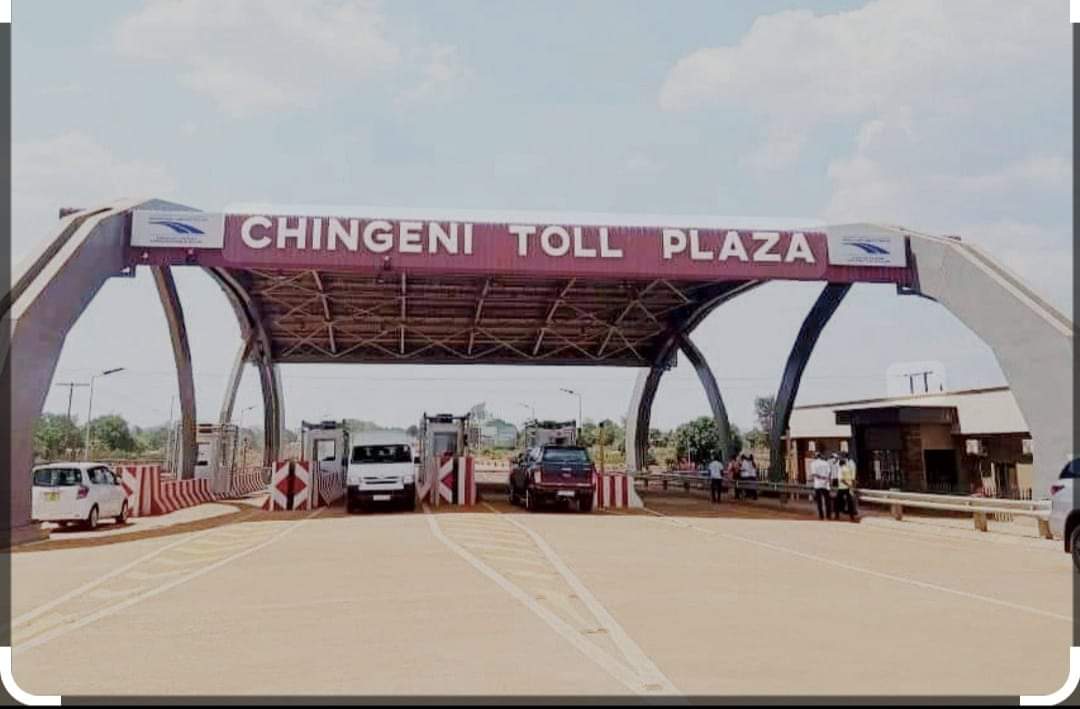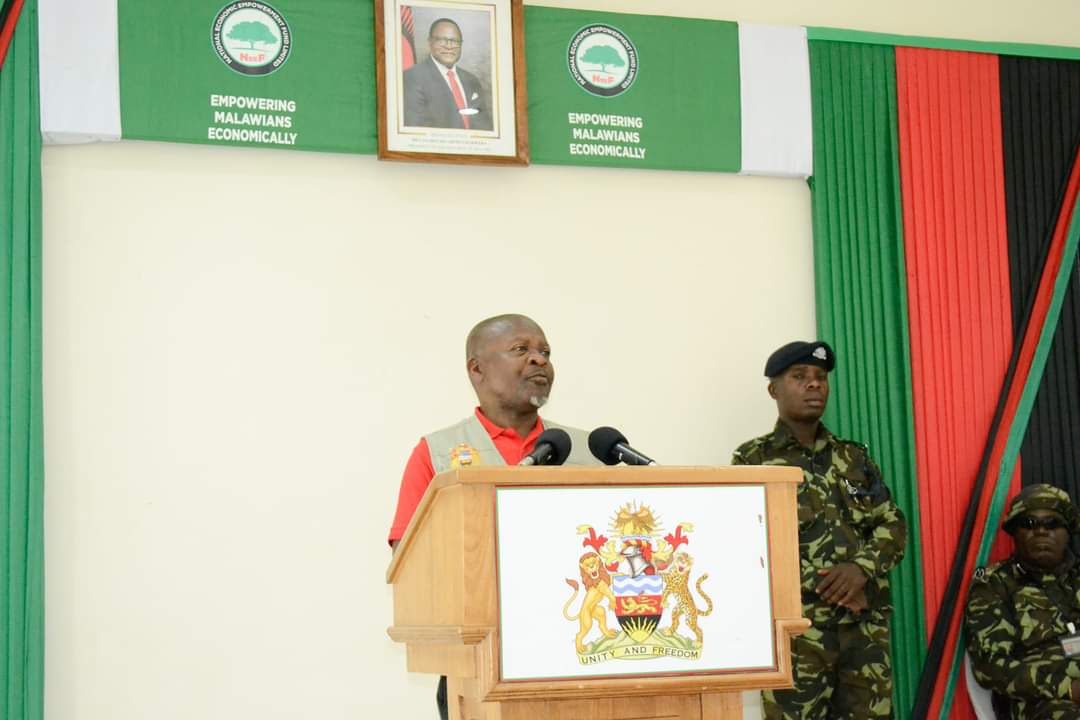By Burnett Munthali
At the 29th United Nations Climate Change Conference (COP29) in Baku, Azerbaijan, the world’s leading multilateral development banks (MDBs) committed to a substantial increase in climate financing to support global climate action. In a joint statement, the World Bank, European Investment Bank, and Asian, Inter-American, and African Development Banks announced plans to provide a collective $120 billion per year by 2030 for climate initiatives in low- and middle-income countries.
This annual funding, intended to help countries meet ambitious climate targets, will include a dedicated $42 billion for climate adaptation, addressing the needs of nations most vulnerable to the effects of climate change. The MDBs also committed to supporting high-income countries, pledging $50 billion annually to bolster climate action efforts worldwide.
In addition to direct funding, the MDBs emphasized their goal of mobilizing resources from the private sector. They aim to attract $130 billion in private investments annually, targeting key areas such as clean energy transition, climate-resilient infrastructure, and sustainable agriculture. Of this amount, they anticipate securing $65 billion through partnerships and investments from private entities by 2030.
The announcement represents a unified effort by global development banks to respond to growing climate challenges. The joint statement reads, “MDBs estimate that by 2030, their annual collective climate financing for low- and middle-income countries will reach $120 billion, including $42 billion dedicated to adaptation efforts, and they plan to secure $65 billion in private sector contribution.”
By scaling up their climate financing and collaborating with the private sector, MDBs are striving to bridge the financing gap faced by developing nations in the fight against climate change. With these efforts, they aim to provide a lifeline to countries grappling with climate-related disasters while supporting their transition toward sustainable, resilient economies.
As COP29 progresses, these commitments mark a crucial step toward enhancing international climate finance and strengthening cooperation among public and private sectors to address the global climate crisis.




